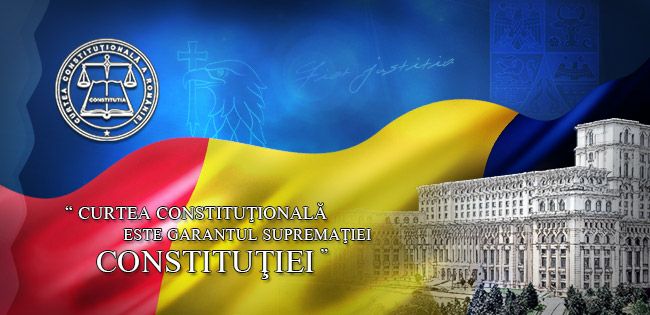In today’s session, the Constitutional Court granted an exception of unconstitutionality raised by the lawyers’ civil partnership Costaș, Negru & Asociații before the Cluj Court of Appeal and the provisions of Law no. 2/2013 that limit the exercising of the second appeal to cases with a value that is exceeding 1,000,000 lei were found unconstitutional. The violated provisions are articles 16, 21 and 126 of the Constitution of Romania. We are delighted by this solution and we are opening the revision procedure in the main case.
The Constitutional Court’s press release from the 30th of May 2017:
The exception of unconstitutionality of article XVIII paragrapf (2) of Law no. 2/2013, which has the following content “In cases that have started since the entry into force of this law and till the 31st of December 2018, judgment pronounced in applications specified in articles 94 point 1 paragraphs a)-i) of Law no. 134/2010 regarding the Civil Procedure Code, republished, as well as judgment pronounced in cases concerning civil navigation and operating in ports, labour and social security disputes, expropriation, in applications regarding compensation for damages caused by judicial errors, as well as in other applications that can be translated into money in the amount of maximum 1.000.000 lei, are not subjects to second appeal. In addition, in these cases, judgments delivered by appeal jurisdictions are not subjects to second appeal in case the law stipulates that first instance judgments are only subjects to appeal”.
Following deliberation, the Constitutional Court, on a majority basis, granted the exception of unconstitutionality and concluded that the term “as well as other in applications that can be translated into money in the amount of maximum 1.000.000 lei” of article XVIII paragraph (2) of Law no. 2/2013 regarding measures for relieving the courts, as well as for preparing the enforcement of Law no. 134/2010 regarding the Civil Procedure Code is unconstitutional.
In reasoning the granting of the exception, the Court established the violation of the right to equality resulting from the fact that the selection of the value criteria – even if it directly affects the application and not a person or a group of people, has consequences upon a person’s situation. Therefore, if accepting this value threshold, citizens are no longer equal in exercising their right to acces the extraordinary legal remedy, component of the right to a fair trial, that way violating article 16 paragraph (1) and article 21 paragraph (3) of the Constitution.
The criticised legal provisions introduce a double measure in regard to evaluating the legality of the judgments, the legislator tacitly accepting that the supreme court exercises the role of unifying the jurisprudence only in some situations, when the applications that can be translated into money have a certain value, which is contrary to article 126 paragraph (3) of the Constitution.













